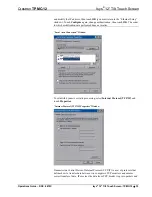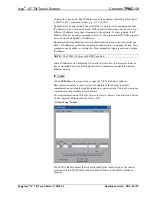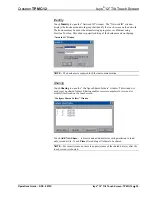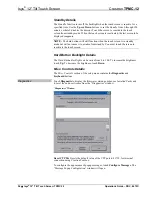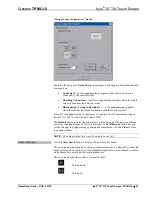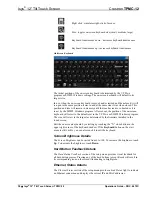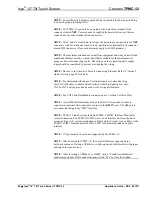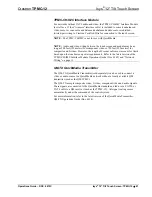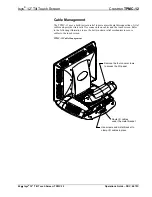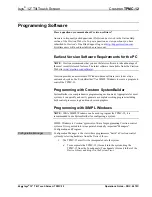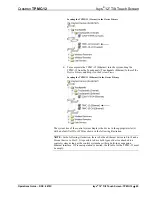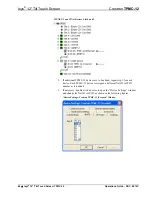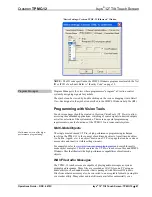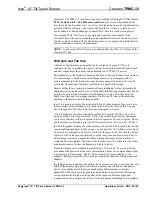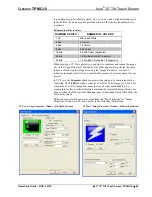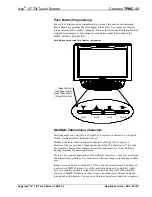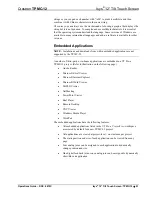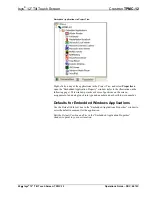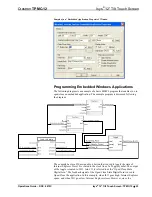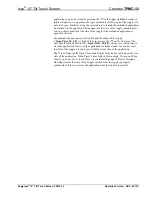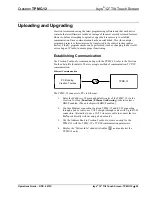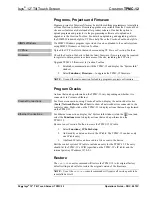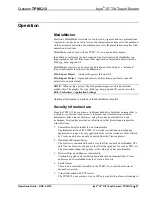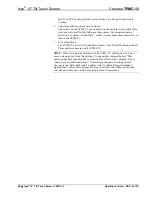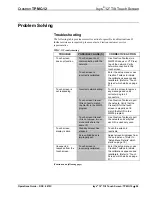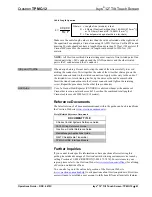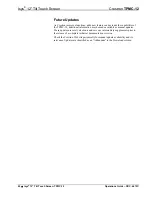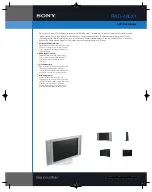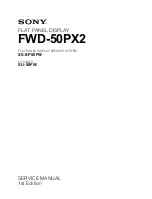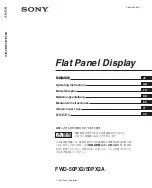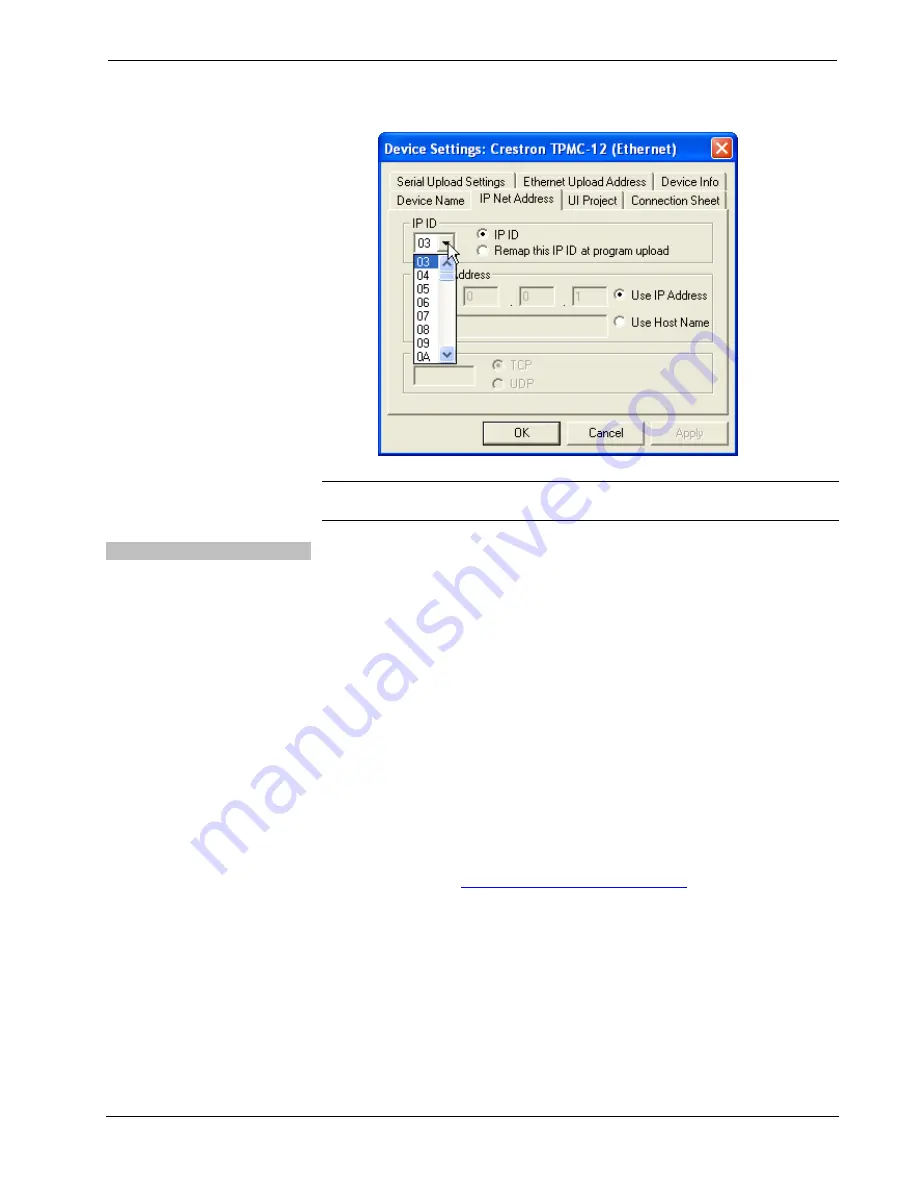
Crestron
TPMC-12
Isys
®
12” Tilt Touch Screen
“Device Settings: Crestron TPMC-12 (Ethernet)” Window
NOTE:
The ID code specified in the SIMPL Windows program must match the Net
ID or IP ID of each unit. Refer to “Identity Code” on page 15.
Program Manager
Program Manager is the view where programmers “program” a Crestron control
system by assigning signals to symbols.
The symbol can be viewed by double clicking on the icon or dragging it into
Detail
View
. Each signal in the symbol is described in the SIMPL Windows help file (
F1
).
Programming with VisionTools
Touch screen pages should be created in Crestron VisionTools (VT Pro-e) to allow
accessing the embedded applications, switching of source signals to desired outputs
as well as selection of the system mode. There are no special programming
requirements to use the functions of the TPMC-12 in a room control system.
Multi-Mode Objects
Multi-mode objects offer high-
performance programming!
The single most advanced VT Pro-e high performance programming technique
involving the TPMC-12 is the concept of multi-mode objects. A multi-mode object
(i.e. button, legend, etc.) is an object drawn on a VT Pro-e page that can have one or
more active and inactive visible settings (
modes
).
For examples, refer to
www.crestron.com/exampleprograms
and search for multi-
mode object examples. This file contains the VT Pro-e touch screen files and SIMPL
Windows files that illustrate the high-performance capabilities of multi-mode
objects.
WAV File Audio Messages
The TPMC-12 touch screens are capable of playing audio messages as system
prompts and responses. These files are recorded as WAV files on a PC using an
audio utility such as Sound Recorder that is packaged with Microsoft Windows.
Files from other sources may also be converted to an acceptable format by using this
or a similar utility. Many other audio utilities are available commercially or as
Operations Guide – DOC. 6675C
Isys
®
12” Tilt Touch Screen: TPMC-12
•
47

